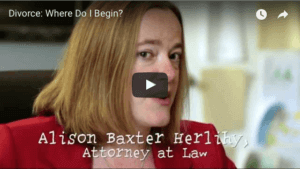What is Collaborative Law? Collaborative Law is a method of alternative dispute resolution wherein...
Alabama Articles
If you are considering divorce in Mobile, Alabama, the articles are full of helpful information pertaining to Alabama divorce law. Our expert divorce lawyers in Mobile, Alabama can help you navigate the complexities of divorce in Mobile, Alabama. When hiring a divorce attorney, you will want to make sure you have all of the information you need to succeed.
How to file for divorce
Wondering how to file for divorce? The divorce process can be confusing and complex if you haven't...
Common Law Marriage
The Alabama Legislature has just passed house bill 332, which abolishes common law marriage in...
Breaking News: Ex Parte Bayliss Overturned by Alabama Supreme Court
Today, the Alabama Supreme Court has issued an opinion in the case of Ex Parte Christopher, which...
Greater Mobile Area Arts Awards
Mobile Arts Council is pleased to announce the recipients of the Tenth Annual Greater Mobile Arts...
Alison Herlihy Appearing on NBC 15’s Law Call
Alison Baxter Herlihy is appearing as the guest attorney on NBC 15's Law Call show on Sunday, July...
If you plan to divorce in Alabama, you may be concerned about child custody and child support. There are a lot of questions about how child support is calculated and whether or not you have to pay if you have joint custody.



